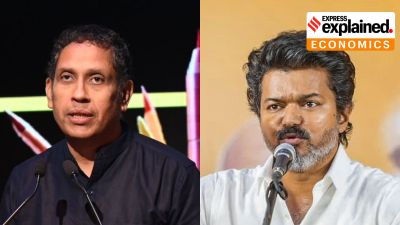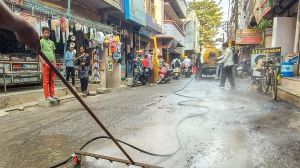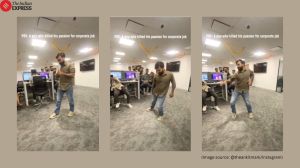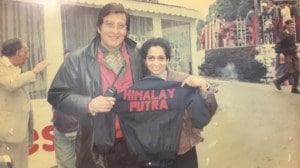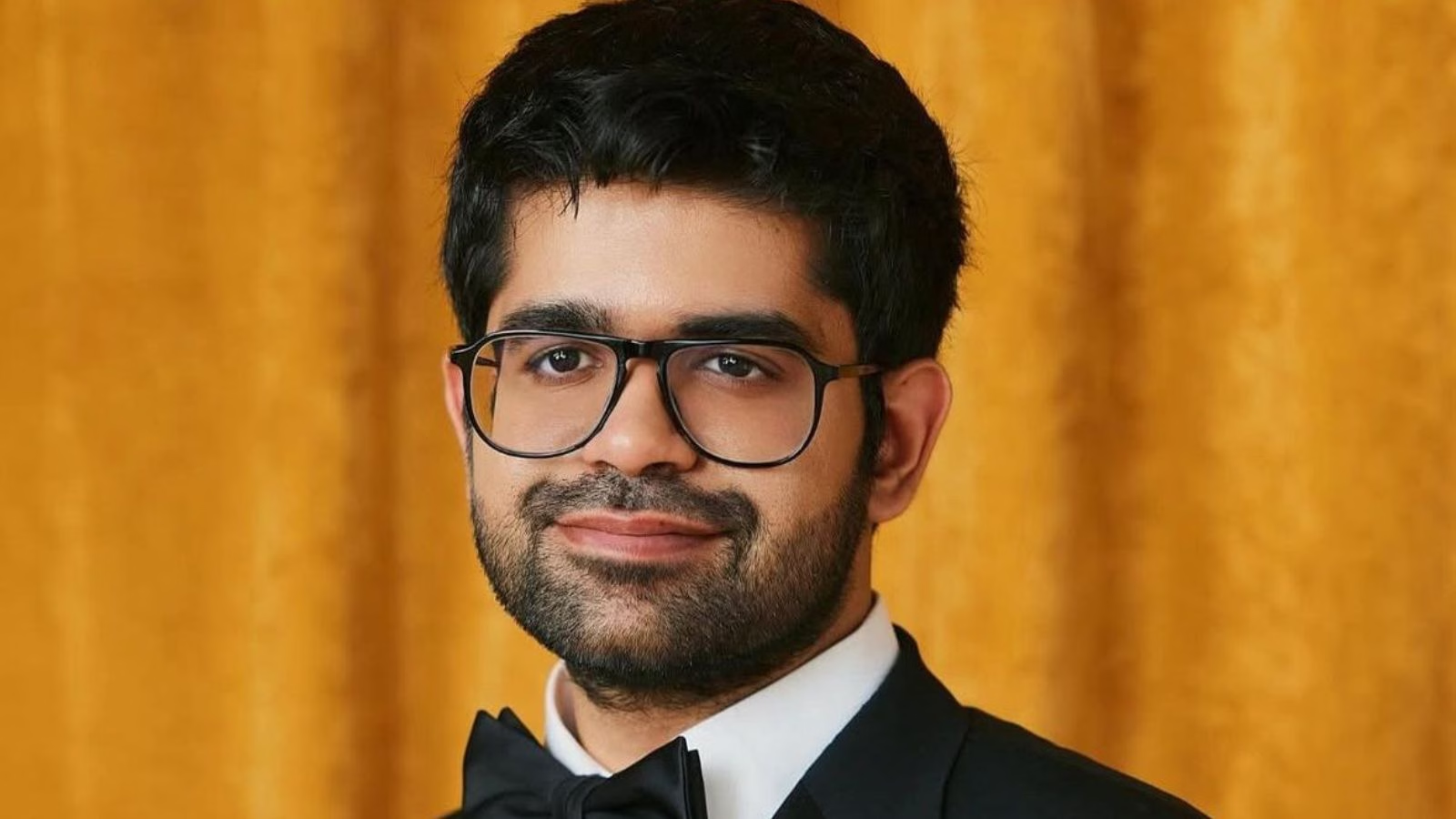The Janeva Convention
Leafing idly through the family archives yesterday, I unearthed a set of yellowing photographs which put the clock back almost 15 years, to ...

Leafing idly through the family archives yesterday, I unearthed a set of yellowing photographs which put the clock back almost 15 years, to the time when my grandmother, a small woman with silver hair and iron will, had made me a prisoner under the Janeva Convention.
In those far-off schoolboy summers, my family joined the flock of uncles, aunts and cousins homing in on the sprawling ancestral house in Goa. For a month my mother8217;s childhood home bristled with relatives. Aunts of various tonnages policed a stormy sea of cricket-playing, tree-climbing cousins. Snot-nosed babies miraculously escaped being stepped on. Coy young ladies sat at windows, dreaming of husbands. Stolid, card-playing uncles escaping the drudgery of clerical life in Bombay, formed quiet, companionable islands.
Grandfather surveyed this assemblage with a proprietary eye, but it was Grandmother who was the power behind the throne. Every year her agenda for the family sent Uncle A. searching for a suitable husband for pigtailed,buck-toothed Charu, while Uncle B. fervently promised to find a job in Bombay for Namya, the current family ne8217;er-do-well.
That summer, Grandmother decided that she wanted to see the brahminical sacred thread or janeva adorning her grandson8217;s hairless torso. Like Hitler, she went about achieving her objectives through an irresistible mixture of force and diplomacy. The imagery of the splendid ceremony that she painted failed to sway a worldly-wise grandson of twelve. Surrender would mean a shaved head and derisive hoots when school reopened.
Grandmother didn8217;t give up. She forged an alliance with my mother. Together they turned their guns on my hapless father, who believed in the peaceful life. I realised with a sinking heart that Father was going to capitulate without a fight. When he opened negotiations with me I stood firm. Generous concessions were dangled, in the areas of cricket bats and bicycles. I wavered. Father emerged a Chamberlain from the conclave. quot;Peace in our timequot;, he sighed as hewent back to his card game.
Yes, I had agreed to the ordeal, but on my terms. Apart from the bicycle-bat aspects, this Munich Pact stipulated a small, private ceremony. Also, barbers would be absent. I should have known better.
The first inkling of betrayal came with a battalion of cooks. They practised with brass cauldrons as big as bathtubs. Then regiments of relatives were billeted in strategic locations. Grandmother was spotted plotting with no less than three priests. A full-scale operation was on. I confronted Grandmother with the evidence. quot;Don8217;t worry, it isn8217;t a big affair, only 400 guests,quot; she said, and cunningly shoved a huge laddoo into the space created when my jaw fell.
Thus outmanoeuvred, I didn8217;t even put up the spirited resistance that Poland did against the Germans. The sudden appearance of a barber before the ceremony was Grandmother8217;s master-stroke. The actual ceremony remains a horrid blur. Certain images are clearer than the rest, like Father and self huddled under ablanket, stumbling over the Gayatri mantra Father had failed Sanskrit in his time. Self, shaved head resembling a coconut, doing the mandatory round with the begging bowl, while high-pitched girlish giggles assailed my ears. Worst of all, Grandmother kissing me.
I choose not to dwell on the aftermath. Suffice it to say that when school reopened, my possession of a bicycle and a cricket bat did not prevent rubber balls from being bounced off my head. But I do believe I outwitted Grandmother in my own way, by according no importance to my janeva. Beyond its usefulness for scratching my back and for hanging towels and clothes before a bath, the only reason I continued the Janeva Convention was a secret admiration for my indomitable Grandmother.
- 01
- 02
- 03
- 04
- 05


